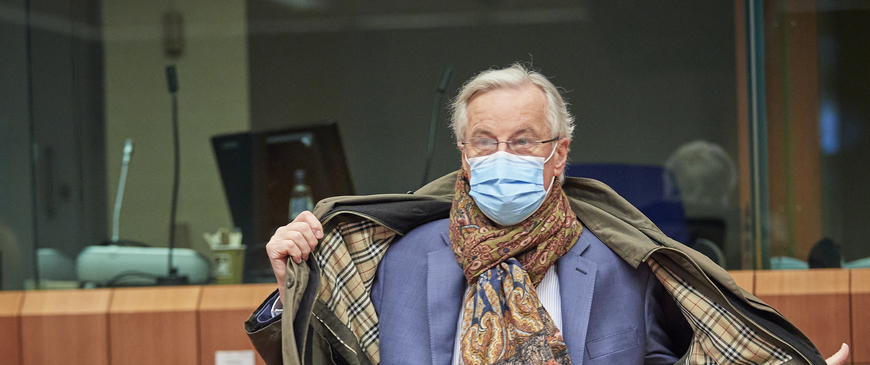
Committees, visas and climate change: Brexit experts' verdicts on the deal details
Beyond tariffs, quotas and fish, the TCA contains a variety of provisions. Among those with implications for everyone engaged in business travel are the rules governing what Britons entering the EU are, and are not, allowed to do from 2021 onwards.
The TCA allows for British short-term business visitors to enter the EU visa-free for 90 days in any given six-month period, but there are restrictions on the activities they can perform. Crudely speaking, the list of permitted activities shows that while meetings, trade exhibitions and conferences, consultations and research are fine, anything that involves selling goods or services directly to the public requires an actual work visa.
For example, from the beginning of next year a British fashion model could still go to Italy for meetings and to make connections, but if they wanted to take part in a paid fashion show or photoshoot, they would need to obtain an Italian work visa.
Similarly, touring musicians will now probably need to get a work visa (or multiple work visas) if they are to gig in venues across the continent.
Even for those activities seemingly permitted by the TCA, all might not be what it seems. Different EU member states have their own immigration regimes, which might allow additional activities or apply further conditions. Austria, for example, requires a work permit for market research. There also might be additional necessary criteria, such as a recognised qualification.
From 1 January, many businesspeople will probably be unaware of the new restrictions and continue to act as they did before. They might get away with it, or they might not. But breaching the terms of a visa could lead to fines, deportation and at the extreme end, being banned from entering the EU in future.
Sam Lowe, senior research fellow at the Centre for European Reform
